Black pepper, known as the “king of spices,” is a staple ingredient in kitchens around the world. With its rich flavor and aromatic qualities, black pepper not only enhances the taste of various dishes but also offers several potential health benefits.
In this article, we will delve into the history, nutritional profile, health benefits, ways to incorporate black pepper into your diet, and important precautions to consider.
Black pepper has a long and fascinating history that dates back thousands of years. It originated in the Indian subcontinent and was highly valued in ancient trade routes, becoming a sought-after commodity. Its popularity spread to other regions, including Europe, where it played a significant role in shaping culinary traditions. Today, black pepper is cultivated in several countries worldwide, including India, Vietnam, and Indonesia.
Nutritional Profile
Despite its small size, black pepper packs a punch when it comes to its nutritional content. It is a rich source of manganese, vitamin K, and dietary fiber. Black pepper also contains piperine, a compound responsible for its pungent taste and potential health benefits.
Health Benefits
Black pepper offers various potential health benefits:
- Enhanced Digestion: Black pepper stimulates the production of digestive enzymes, aiding in the breakdown of food and promoting efficient digestion.
- Anti-inflammatory Properties: Piperine, found in black pepper, exhibits anti-inflammatory effects that may help alleviate inflammation-related conditions.
- Antioxidant Power: Black pepper is rich in antioxidants that help combat oxidative stress and protect cells from damage.
- Improved Nutrient Absorption: Piperine has been shown to enhance the absorption of certain nutrients, such as curcumin from turmeric, when consumed together.
- Potential Cancer-Fighting Properties: Some studies suggest that the compounds in black pepper may have anti-cancer effects, though further research is needed.
Incorporating Black Pepper into Your Diet

Black pepper can be incorporated into your daily diet in various ways:
- Culinary Uses: Sprinkle freshly ground black pepper onto savory dishes, soups, stews, and marinades to add a burst of flavor.
- Seasoning Blends: Create your own spice blends by combining black pepper with other herbs and spices for a personalized touch.
- Tea Infusion: Add a pinch of black pepper to your herbal tea for a unique twist and a hint of spice.
- Salad Dressings and Sauces: Incorporate black pepper into homemade salad dressings, sauces, or dips for an added kick.
Precautions
While black pepper is generally safe for consumption, it’s important to consider the following precautions:
- Allergic Reactions: Some individuals may be allergic to black pepper. If you experience any adverse reactions, discontinue use and consult a healthcare professional.
- Gastric Issues: Excessive consumption of black pepper may cause gastric irritation or worsen existing digestive conditions. Moderation is key.
Conclusion
Black pepper is not just a kitchen staple; it also offers potential health benefits. From its historical significance to its nutritional content and culinary versatility, black pepper has become an integral part of global cuisine. Embrace the flavors and potential health perks of black pepper by incorporating it into your diet wisely. However, if you have specific health concerns or conditions, it’s important to consult with a healthcare professional. Enjoy the zesty, aromatic essence that black pepper brings to your culinary creations and elevate your overall dining experience.
Image by Richard Chalmers from Pixabay
Spices
-

Flaxseeds Pack A Nutritional Punch in A Tiny Package
Flaxseeds, also known as linseeds, have gained popularity in recent years due to their impressive nutritional profile and potential health benefits. These small, brown or golden seeds come from the flax plant (Linum usitatissimum) and have been cultivated for thousands of years. Packed with essential nutrients and unique compounds, flaxseeds are a versatile ingredient that…
-

Apple Cider Vinegar Decoded – A Quick Guide
-

Turmeric – Harnessing The Power of Its Health Benefits
-

Unveiling Cumin – A Flavorful Spice with Rich Health Benefits
-

Coriander Is The Antioxidant Powerhouse For Your Diet
-

Turmeric: The Golden Spice With A Promising Health Benefits
-

Black Pepper – The Spice of Life

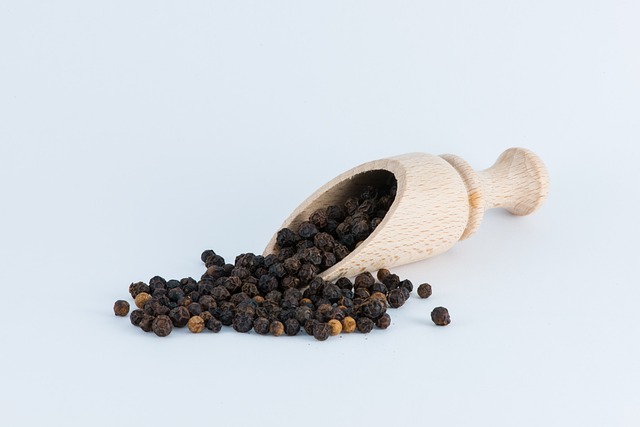
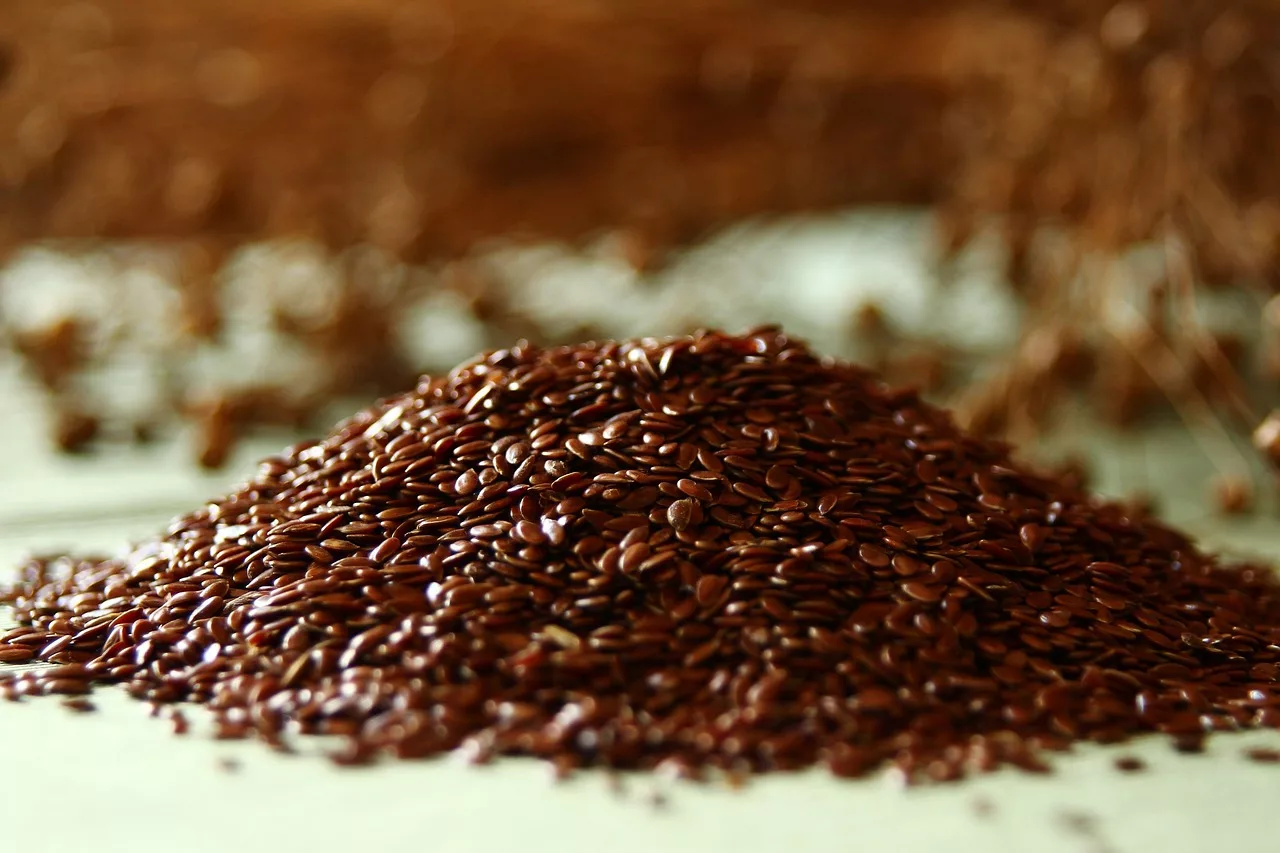
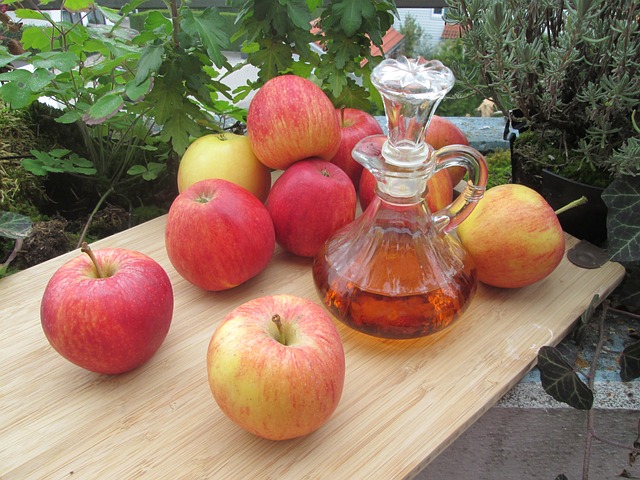
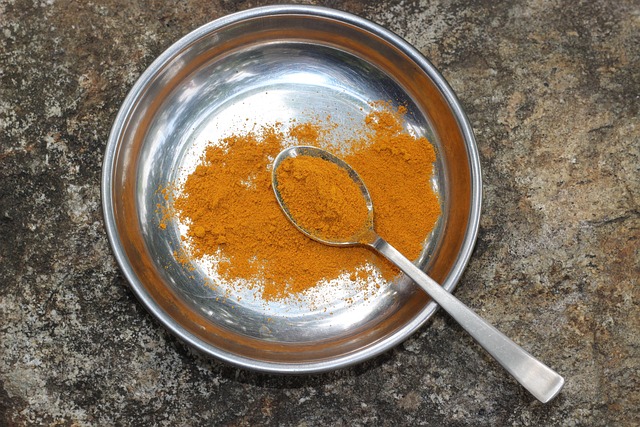
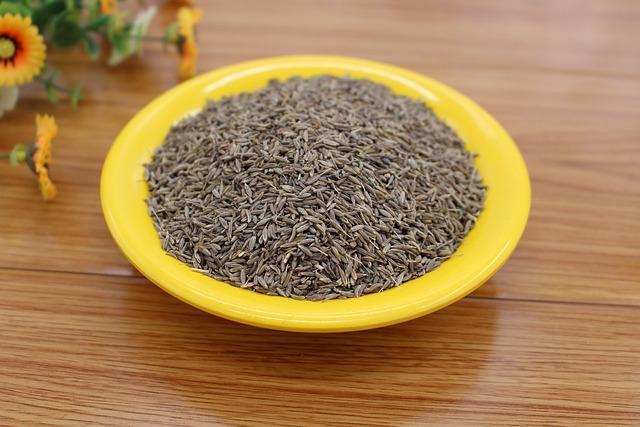
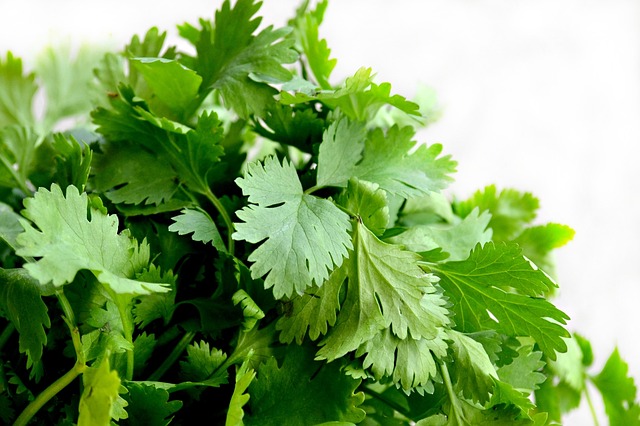
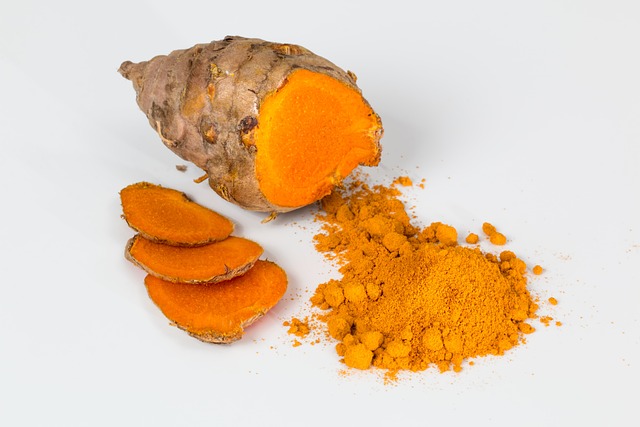
Leave a Reply